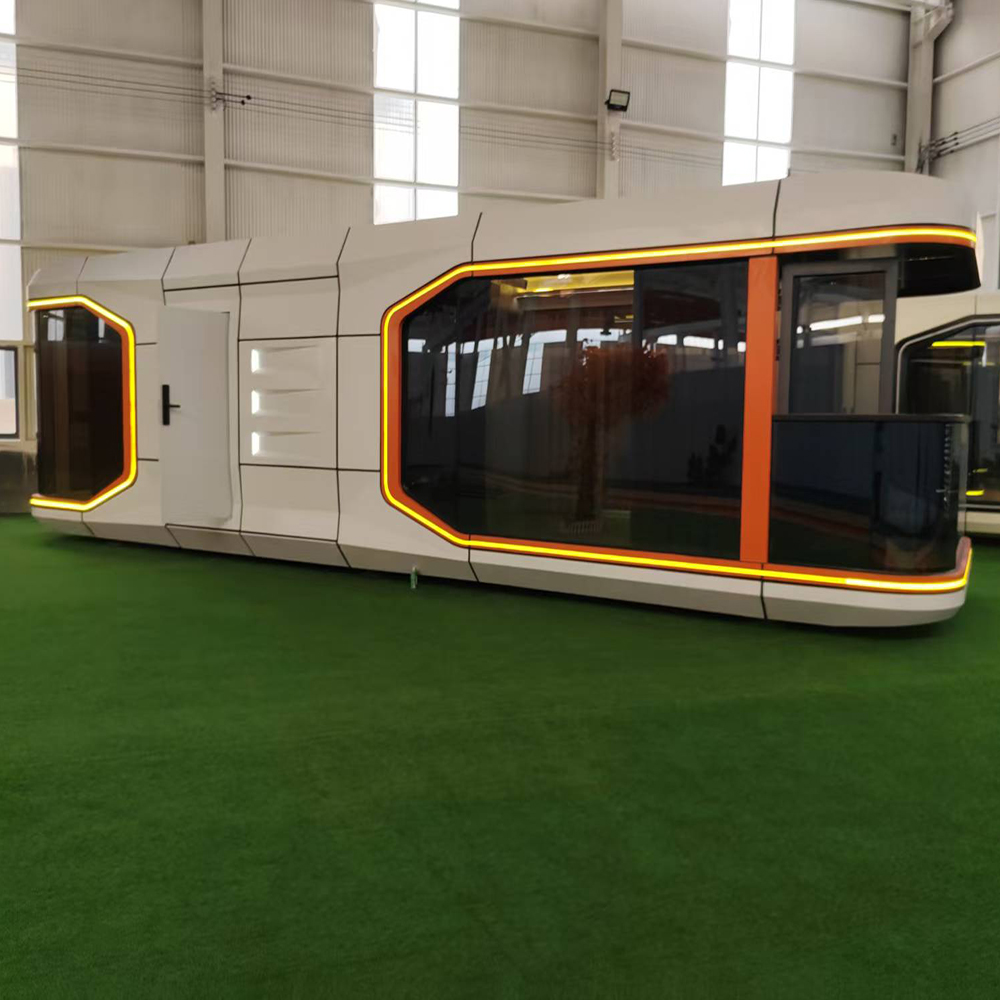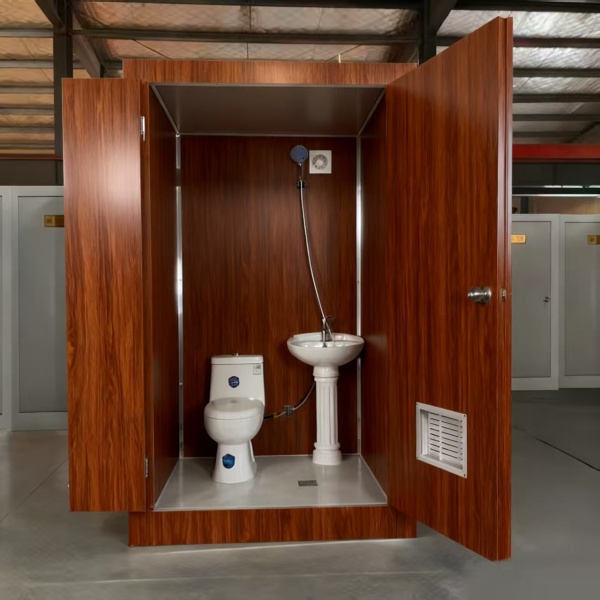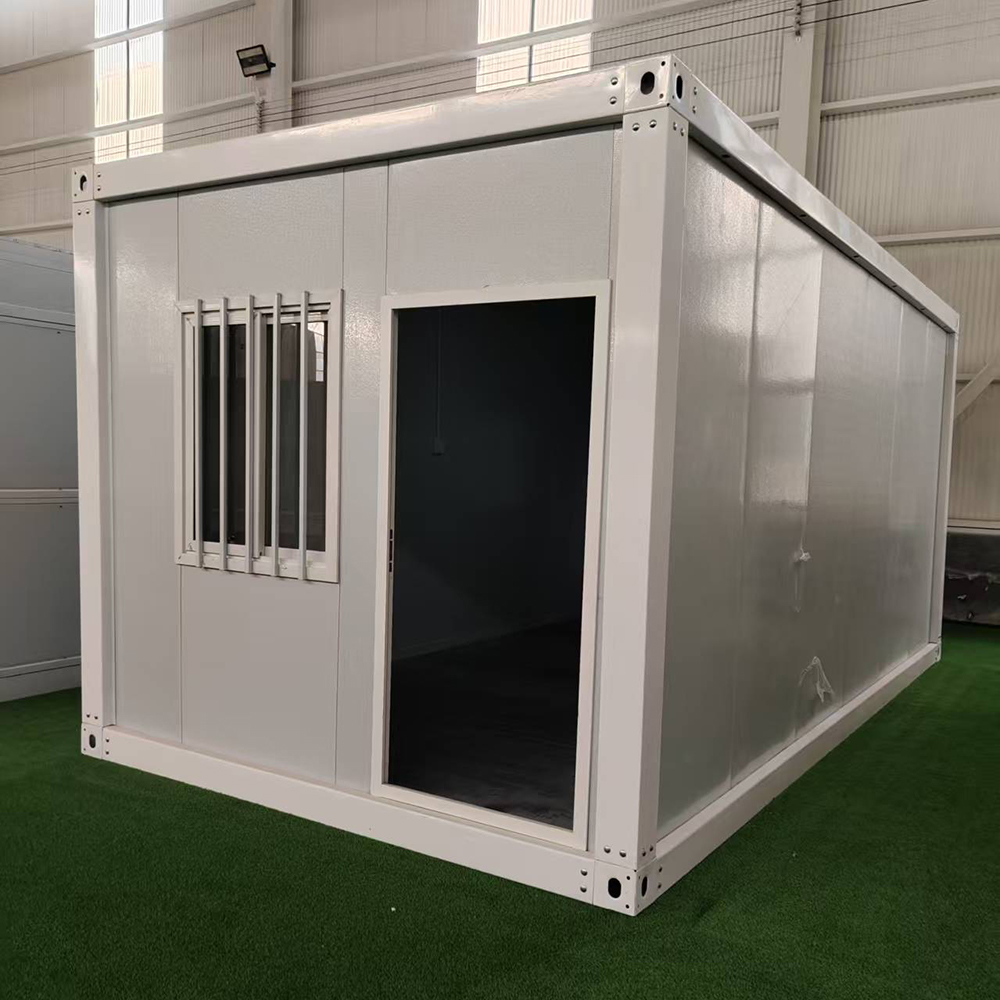-
E-mail
Austin120521@outlook.com -
E-mail
sales@jujiuhouse.com -
Telephone
+86-17864099991 -
Telephone
+86-17854044442
- Chinese
- French
- German
- Portuguese
- Spanish
- Russian
- Japanese
- Korean
- Arabic
- Irish
- Greek
- Turkish
- Italian
- Danish
- Romanian
- Indonesian
- Czech
- Afrikaans
- Swedish
- Polish
- Basque
- Catalan
- Esperanto
- Hindi
- Lao
- Albanian
- Amharic
- Armenian
- Azerbaijani
- Belarusian
- Bengali
- Bosnian
- Bulgarian
- Cebuano
- Chichewa
- Corsican
- Croatian
- Dutch
- Estonian
- Filipino
- Finnish
- Frisian
- Galician
- Georgian
- Gujarati
- Haitian
- Hausa
- Hawaiian
- Hebrew
- Hmong
- Hungarian
- Icelandic
- Igbo
- Javanese
- Kannada
- Kazakh
- Khmer
- Kurdish
- Kyrgyz
- Latin
- Latvian
- Lithuanian
- Luxembou..
- Macedonian
- Malagasy
- Malay
- Malayalam
- Maltese
- Maori
- Marathi
- Mongolian
- Burmese
- Nepali
- Norwegian
- Pashto
- Persian
- Punjabi
- Serbian
- Sesotho
- Sinhala
- Slovak
- Slovenian
- Somali
- Samoan
- Scots Gaelic
- Shona
- Sindhi
- Sundanese
- Swahili
- Tajik
- Tamil
- Telugu
- Thai
- Ukrainian
- Urdu
- Uzbek
- Vietnamese
- Welsh
- Xhosa
- Yiddish
- Yoruba
- Zulu
- Kinyarwanda
- Tatar
- Oriya
- Turkmen
- Uyghur

Buy folding house price
Folding Houses: Why It's More Than Just a Price Tag
When thinking of buying a folding house, price is often the immediate concern. Understandably so. However, focusing solely on the cost might obscure other crucial aspects that could make or break your investment. Let's delve into this, balancing cost against usability, durability, and overall practicality.
Understanding the Real Cost of Folding Houses
At first glance, the price of folding houses may seem straightforward—a simple figure you can budget around. But that's a common misconception. The initial price tag is just the starting point. It opens the door to a whole range of considerations including materials, design suitability, and installation expenses.
I recall visiting a site where the house itself was affordable, but unexpected installation complications, stemming from local regulations and landscape challenges, added significant costs. So, always factor in these hidden expenses, they can add up fast.
A key player in this industry is Shandong Jujiu Integrated Housing Co., Ltd., known for their comprehensive approach to integrated housing solutions. Their website, www.jujiuhouse.com, suggests they cover everything from research and development to installation, which could streamline the process considerably.
Quality Vs. Cost: Striking the Right Balance
In any construction or housing project, quality should never be compromised for cost. I've often seen buyers drawn to the initial affordability of a folding house, only to face issues like poor insulation or wear and tear within months. The trick is finding the sweet spot where price and quality meet.
Companies like SHANDONG JUJIU focus on optimizing design and production, which may offer better durability without excessively inflating costs. It's worth weighing what you pay against the longevity and resilience of the structure.
In my own experience, visiting the manufacturer's site and interacting directly with the sales team provided insights that brochures just couldn't. Always explore these avenues.
Customization: The Devil is in the Detail
Customization is where folding houses shine but also where costs can spiral. Clients often desire bespoke solutions making their project unique but wary of the potential extra expenses. This balance is tricky.
A project I worked on required specific adaptations for the local climate. The customization was costly but ultimately justified by the benefits. Always question how these changes will affect the overall budget and longevity.
Talking with R&D teams, like those at Shandong Jujiu, could give you a realistic picture of what's possible without breaking the bank. Their integrated approach makes transitions from design to execution more seamless.
The Long Game: Consider Future Proofing
Another point that's often overlooked when considering folding house price is future-proofing. Markets evolve, and what seems practical now might demand upgrades or modifications later.
I worked on a project that appeared cost-effective but required a retrofit just a few years later. Consider energy efficiency, ease of maintenance, and adaptability to tech advancements when planning your purchase.
Engaging with a comprehensive provider like Shandong Jujiu, who looks at long-term solutions, can provide peace of mind that short-sighted choices won't prove costly down the line.
Experts' Advice: Trust but Verify
The proverbial trust but verify is sage advice when navigating the waters of folding house investments. Speak to multiple experts, consider independent reviews, and tour existing structures if possible.
For example, Shandong Jujiu Integrated Housing not only offers a wide range of services but also provides insights into what works best for diverse needs. Rely on such expertise but keep your critical faculties engaged—ensure every aspect aligns with your personal or corporate objectives.
Ultimately, buying a folding house is a blend of logic, insight, and sometimes gut feeling. Keep an open mind, question every entry on your spreadsheet, and remember, it's not just about price—it's about value.
Related products
Related products
Best selling products
Best selling products-
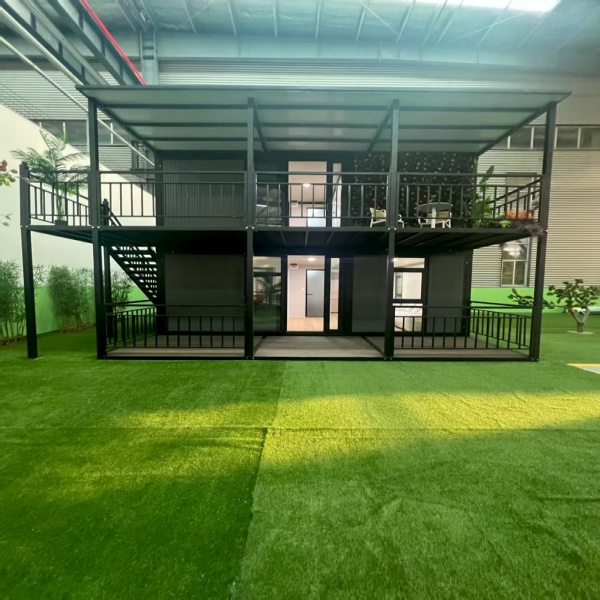 Luxury foldable two-story container houses in luxury resort hotels and villa hotels
Luxury foldable two-story container houses in luxury resort hotels and villa hotels -
 Reasonable Price 1 Bedroom Modular Container House Folding Container Home for Villa or Apartment Use
Reasonable Price 1 Bedroom Modular Container House Folding Container Home for Villa or Apartment Use -
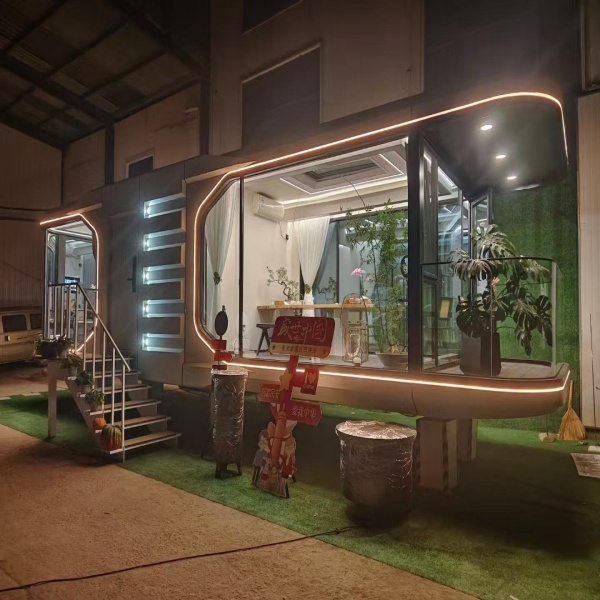 Outdoor ecological capsule rooms, luxury pods, space capsule hotel rooms, prefabricated space capsules, container houses
Outdoor ecological capsule rooms, luxury pods, space capsule hotel rooms, prefabricated space capsules, container houses -
 Dual-Wing Folding Container House: Fast Assembly, Space-Saving & Multi-Scene Adaptable
Dual-Wing Folding Container House: Fast Assembly, Space-Saving & Multi-Scene Adaptable -
Two Wing Folding Expandable Container House
-
 Hot-selling foldable container houses, expandable prefabricated houses, suitable for office or living use, with fast delivery.
Hot-selling foldable container houses, expandable prefabricated houses, suitable for office or living use, with fast delivery. -
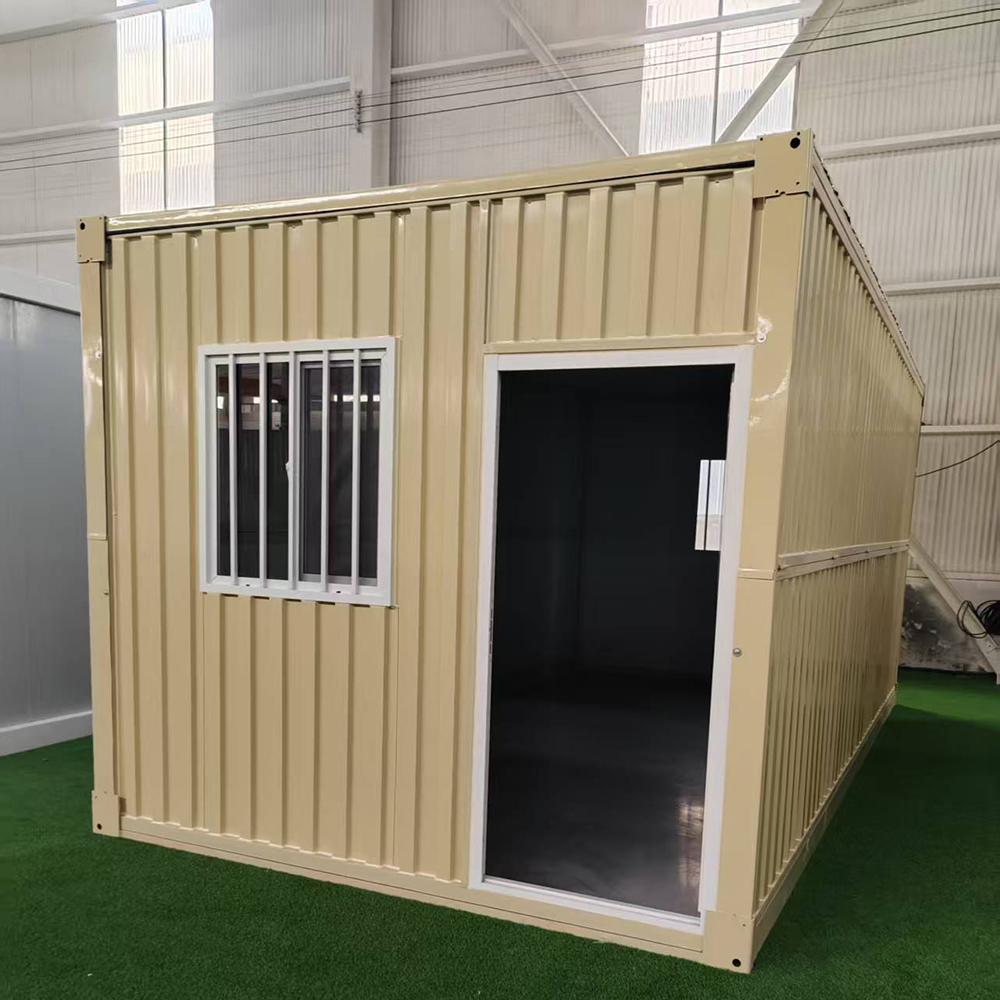 Competitive Price Portable Container House Foldable Container Mobile Living Modular Homes
Competitive Price Portable Container House Foldable Container Mobile Living Modular Homes -
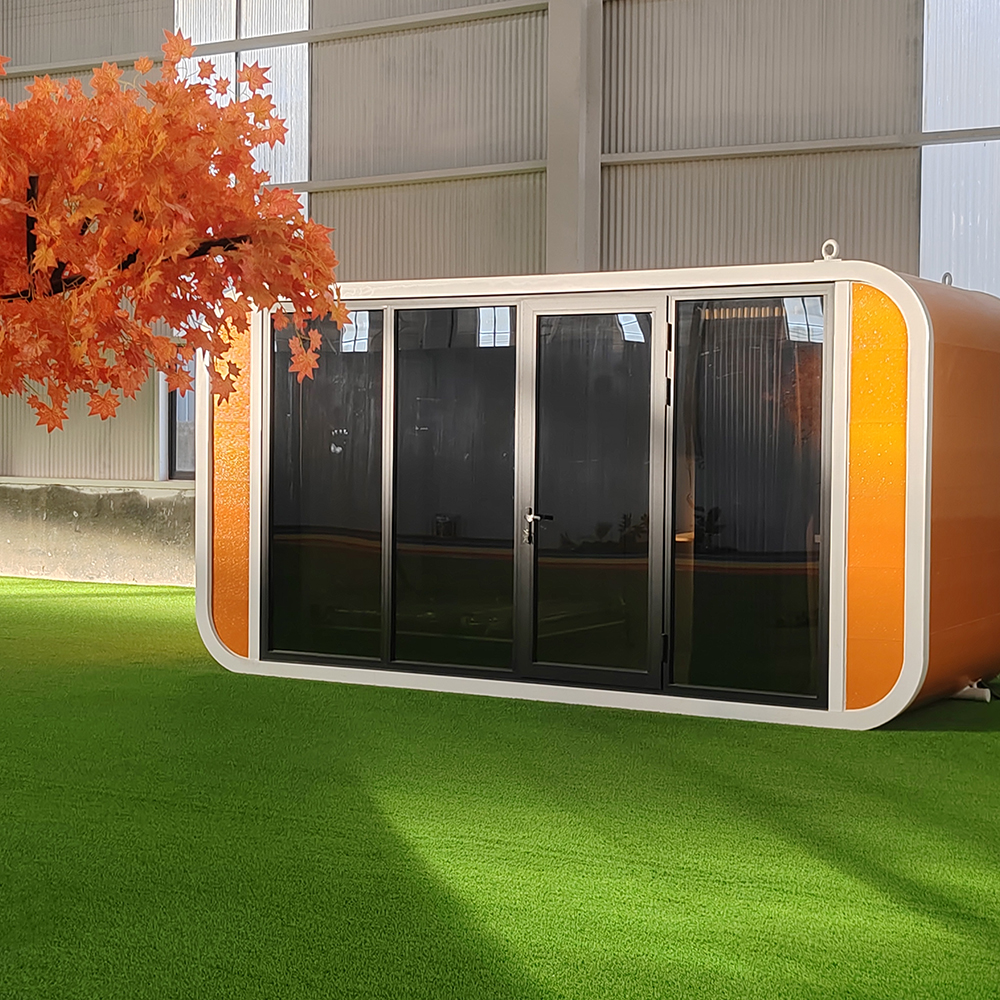 Luxury Prefabricated Living Container House Modular Glass Tiny House Prefab Container Home Apple Cabin
Luxury Prefabricated Living Container House Modular Glass Tiny House Prefab Container Home Apple Cabin -
 High-quality Double-wing Folding Container House with Doors and Windows, Insulated Walls, Suitable for Various Scenarios.
High-quality Double-wing Folding Container House with Doors and Windows, Insulated Walls, Suitable for Various Scenarios. -
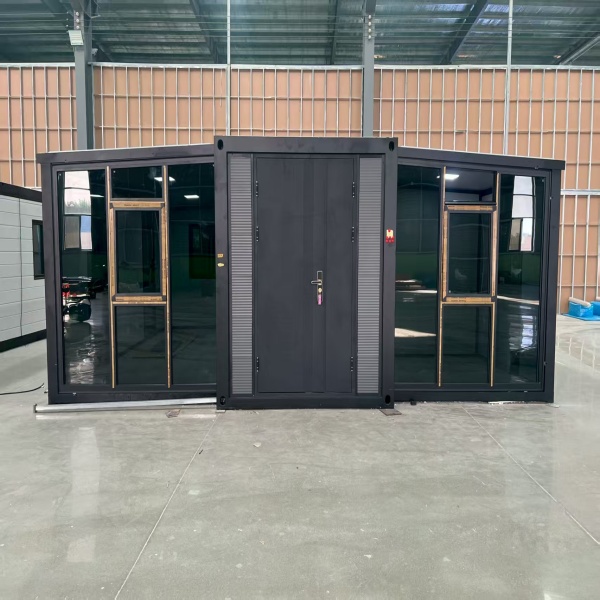 Customizable Office Mobile Home with Flat Roof and Double Wing Expansion Box, Convenient Container
Customizable Office Mobile Home with Flat Roof and Double Wing Expansion Box, Convenient Container -
 Customized Two Wing Folding Expandable Container House
Customized Two Wing Folding Expandable Container House -
 Waterproof folding container house – mobile accommodation for campsites/scenic spots
Waterproof folding container house – mobile accommodation for campsites/scenic spots
Related search
Related search- folding container house price
- China fold out container homes for sale
- Buy new spire prefabricated container house
- prefab folding house
- portable unfolding house
- portable folding house
- China new spire prefabricated house container house
- Buy trailer that folds out into a house
- new spire prefabricated house container house
- fold out house on trailer










